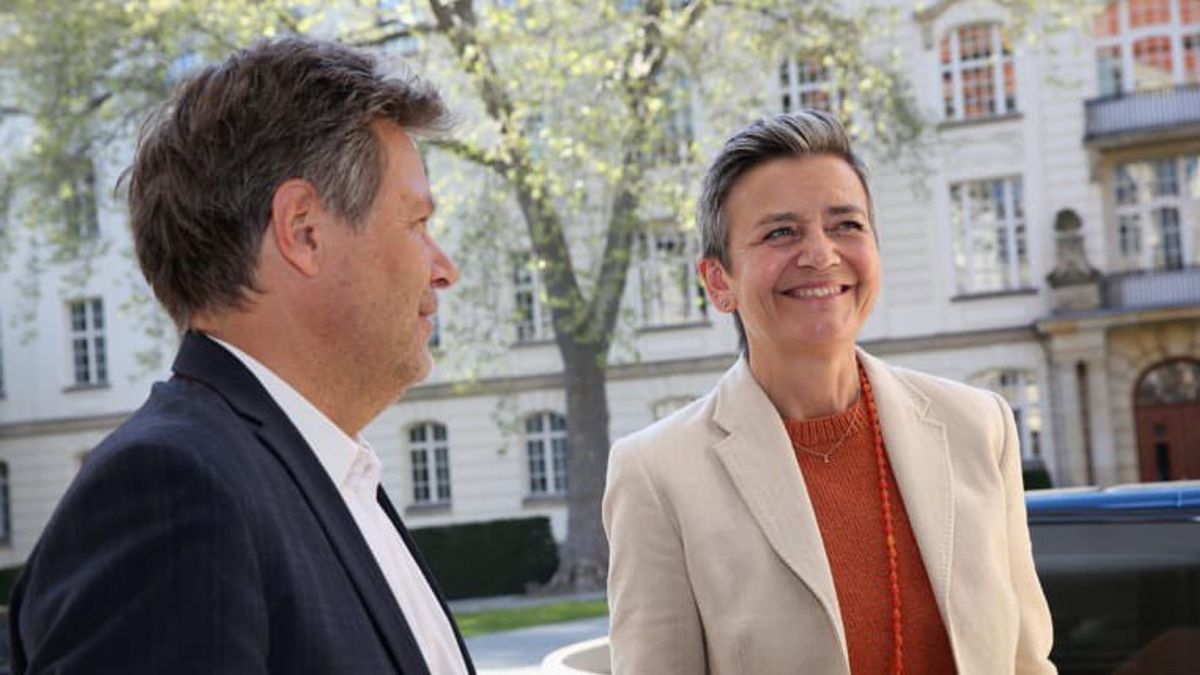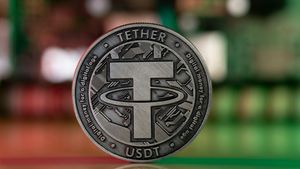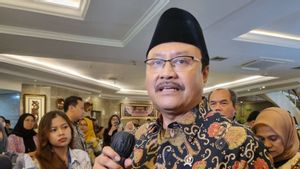JAKARTA - The European Union (EU) and the United States (US) will increase cooperation in artificial intelligence (AI) with the aim of setting minimum standards before legislation is enforced, EU chief Margrethe Vestager said on Tuesday.
The EU AI Act law could be the world's first comprehensive law to regulate the technology, with new rules on facial recognition and biometric surveillance, but governments and EU policymakers still need to agree on a unified text.
Vestager, vice president of the European Commission, said in a briefing on Tuesday that the process may be completed by the end of this year.
"It will still leave one or maybe two years before it takes effect, which means we need something to bridge that time period," he said.
Vestager said that AI will be one of the focuses on the fourth ministerial meeting of the Trade and Technology Council (TTC) in Sweden on May 30-31, with discussions on a generating AI algorithm that produces text, visual content, or new sounds, such as ChatGPT.
"There is a sense of the same urgency. To make the best use of this technology, restrictions are needed," he said. "Let's discuss what the company can expect as a minimum standard before legislation is enforced?"
The leaders of G7 countries issued a statement on Saturday, May 20 asking for the development of technical standards to keep AI "trustworthy", encouraging international talks on topics such as governance, copyright, transparency, and disinformation threats.
Vestager, scheduled to discuss AI with Alphabet CEO Sundar Pichai, on Wednesday, May 23, noted that the international talks had not yet taken place. G7 leaders assigned relevant ministers to establish a G7 working group on AI by the end of this year.
"I think we can talk about it in TTC in a way that will help the G7 process become as concrete as possible," he said.
The English, Chinese, Japanese, Arabic, and French versions are automatically generated by the AI. So there may still be inaccuracies in translating, please always see Indonesian as our main language. (system supported by DigitalSiber.id)













